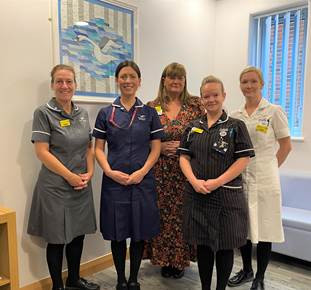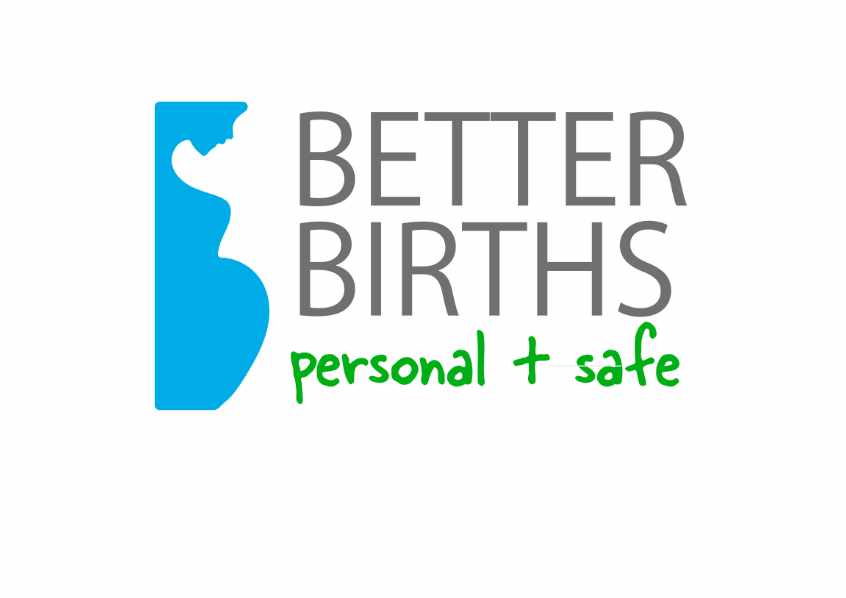Covid-19 Vaccination in Pregnancy
In Lancashire and South Cumbria, uptake of the first dose of COVID-19 vaccination amongst pregnant women is at 75%, of second dose is 68% (regional target of 70%) and of third dose at 34% (Data from 07/06/22). Feedback from service users and staff informs that there is still anxiety about the vaccination stemming from changes in messaging and concerns about the vaccines safety. National and international evidence and information is growing significantly, both in regard to the impact of COVID-19 infection on the pregnant mother and in relation to the safety of the vaccination for use during pregnancy. Our aim is to ensure that practitioners have timely access to the evidence-base to enable them to facilitate transparent conversations with service users to support their decision making.
Two Covid Vaccination in Pregnancy Advocates (CViPAs) have been recruited to support this work.
They carry out monthly onsite visits to each of our provider Trusts, cascade key messages and new information to service providers and community leaders and co-produce information resources such as 7 minute briefings, videos and posters which answer common queries from service users and staff.
More formal training has been developed and can be cascaded via Public Health Midwives on request.
We are progressing work against the national deliverable of supporting vaccination against COVID-19 in pregnancy, which in addition to providing evidence-based information in all contacts and across all settings antenatally, includes widening access to vaccination at onsite pregnancy hubs and via the vaccination at-home service. We are working closely with the Mass Vaccination Teams to develop plans against these, particularly in relation to the expansion of onsite pregnancy hubs at all units and the expansion of the COVID-19 Vaccination at Home service to include pregnant and postnatal women and their families.
Our business analysts have identified geographical areas and GP surgeries with lowest uptake so that we can work together with health service providers, community leaders and charities to support the cascade of key messages within those communities, using the principle of Making Every Contact Count.

News & updates

Introducing the BTH Maternity Bereavement Team

Maternity Transformation Programme Bulletin : No.120: 7 October 2022



